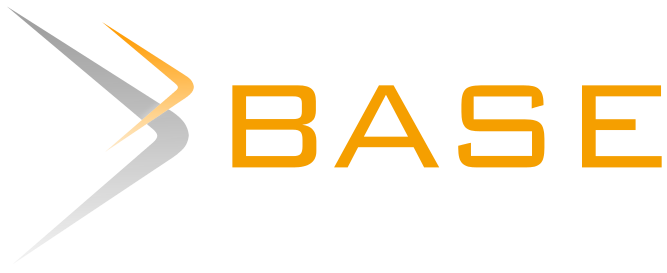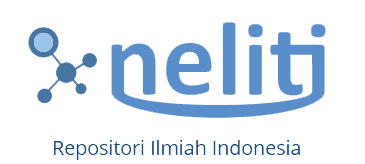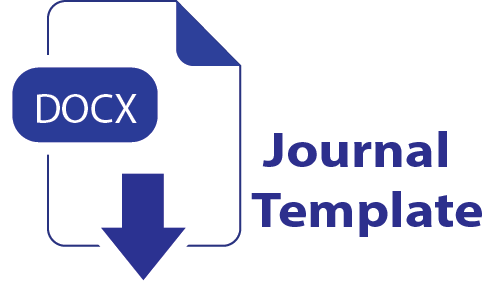IMPLEMENTATION OF THE MERDEKA CURUUCULUM IN MADRASAH IBTIDAIYAH IMPACT ON LEARING QUALITY
DOI:
https://doi.org/10.36982/jeg.v9i3.4960Abstract
Objective: This study aims to analyze the implementation of the Merdeka Curriculum in Madrasah Ibtidaiyah and its impact on the quality of learning. The Merdeka Curriculum is designed to provide freedom in the teaching and learning process, with an emphasis on the development of student competencies and character, and is expected to improve the quality of education at various levels, including madrasahs.
Design/Methods/Approach: Using a research method that involves a literature review discussing the implementation of the Merdeka Curriculum and the issues faced in Madrasah Ibtidaiyah related to the impact on the quality of learning in the field.
Findings: The research findings indicate that the implementation of the Merdeka Curriculum in Madrasah Ibtidaiyah has a positive impact on the quality of learning, particularly in enhancing student participation, the development of critical thinking skills, and collaborative abilities.
Originality/Value: this research also identifies several challenges, such as limited resources and the need for intensive training for teachers to effectively implement the curriculum
Practical/Policy implication: In conclusion, although the implementation of the Merdeka Curriculum shows potential to improve the quality of learning, the success of its implementation heavily depends on adequate infrastructure support and the readiness of educators.
Downloads
Published
How to Cite
Issue
Section
License
Copyright (c) 2025 Nadella Lesmana, Anton Tri Hasnanto

This work is licensed under a Creative Commons Attribution-ShareAlike 4.0 International License.
Authors who publish with this journal agree to the following terms:
- Authors retain copyright and grant the journal right of first publication with the work simultaneously licensed under a Creative Commons Attribution License   that allows others to share the work with an acknowledgement of the work's authorship and initial publication in this journal.
- Authors are able to enter into separate, additional contractual arrangements for the non-exclusive distribution of the journal's published version of the work (e.g., post it to an institutional repository or publish it in a book), with an acknowledgement of its initial publication in this journal.
- Authors are permitted and encouraged to post their work online (e.g., in institutional repositories or on their website) prior to and during the submission process, as it can lead to productive exchanges, as well as earlier and greater citation of published work










